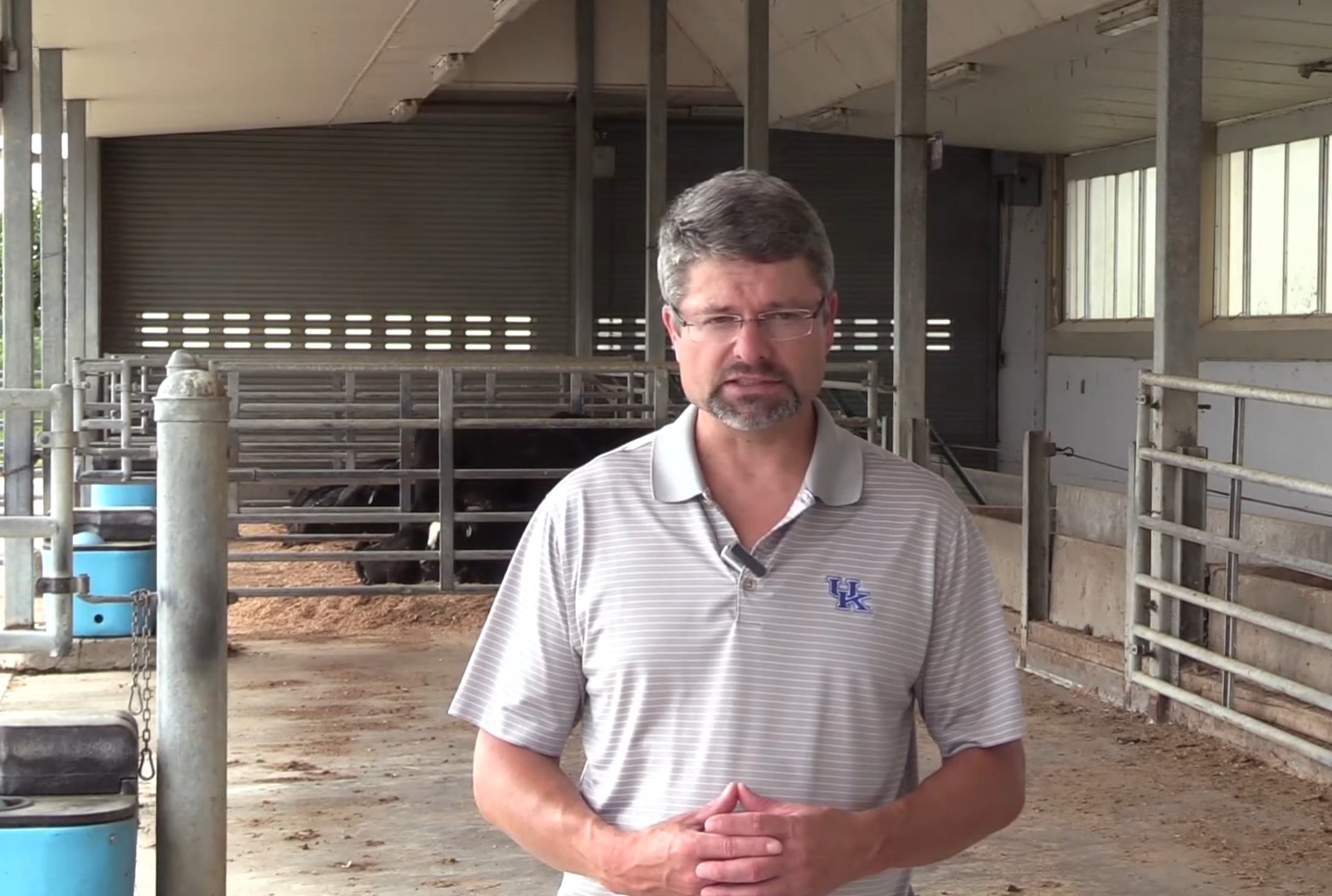UK offers numerous online beef education opportunities for Kentucky cattle producers
UK offers numerous online beef education opportunities for Kentucky cattle producers


The University of Kentucky College of Agriculture, Food and Environment has been offering online education for many years, but even more so during the COVID-19 pandemic. Faculty in the UK Department of Animal and Food Sciences are using a variety of methods to teach beef producers.
“We’ve had to get really creative to reach producers in the past year,” said Les Anderson, UK beef specialist. “Many of our programs are traditionally hands-on, but we’ve had to pivot and come up with different ways to reach our clientele such as podcasts, videos and webinars.”
The BeefBits podcast began in August and has served as a way for UK specialists to address clients in an educational, but less formal manner. Since then, topics have included from calf value, current market news and choosing a butcher to reproductive management, fishing and football.
“BeefBits has been a great opportunity for us to share information and create a way to collaborate with our colleagues while we are apart,” said Jeff Lehmkuhler, UK beef extension specialist and podcast host. “We’ve talked about doing this before, but the pandemic pushed us to dive in.”
The podcast offers new episodes twice a month at https://beefbits.podbean.com/.
At the beginning of the pandemic, when many businesses and universities were developing plans to comply with healthy-at-home guidelines, the UK beef group decided to start a weekly series for beef producers called Reaching Out While Locked In.
“Our plan was to provide this to replace our normal in-person county meetings, until we could get back to normal in a few weeks,” said Darrh Bullock, beef extension specialist. “When it appeared that the pandemic might last longer than we initially expected, we expanded the program and invited some of our colleagues in the department and college to participate including forages, health and economic topics for additional sessions.”
The series has reached more than 300 people from more than 70 counties for the program via Zoom and Facebook Live and archived recordings on the Animal and Food Sciences website.
The link for Reaching Out While Locked In is http://afs.ca.uky.edu/beef/videos/beef-management-webinar-series.
Producers now have an opportunity to complete the Weaning 101 workshop online. The workshop consists of eight weekly sessions and is approved by the Governor’s Office of Agricultural Policy to fulfill the educational requirements for the County Agricultural Improvement Program. Producers should contact their county extension agent to ensure their local CAIP committee will accept the program. The workshop requires registration. More information is available on the website, http://afs.ca.uky.edu/beef/extension/virtual-workshops.
Beef Minutes is a weekly video series that began in summer 2020, in which UK extension specialists cover topics important to beef production.
“The Beef Minutes videos address timely topics for beef producers,” said Katie VanValin, UK beef specialist. “We want Kentucky producers to have the research-based information they need for each season of production. Episodes thus far have included topics such as calving, genomics testing, nutrition and feed efficiency.”
Beef Minutes episodes are available online at http://afs.ca.uky.edu/beef/videos/beef-minutes.
Another opportunity is the online Beef Quality and Care Assurance program. This program enables beef and dairy producers to enhance their product, maximize marketability and strengthen consumer confidence. Producers can now become BQCA certified through the online program. For more information, visit http://afs.ca.uky.edu/beef/irm.
In the past, in-person field days allowed producers to see firsthand what goes on in the unit. The UK Animal and Food Sciences department now offers a virtual tour of its beef unit at http://afs.ca.uky.edu/beef/beef-tour.
“There’s no reason that the pandemic should stop us from relaying information to beef producers,” Anderson said. “In fact, it has just made us see how important it is to reach them in a variety of ways. In pre-pandemic times, we were sometimes limited as to how many we could host at in-person events. I am sure we will always offer virtual options to reach out to more people. Specialists and agents are continuing to be more innovative and use social media and online platforms to reach our audiences.”
Livestock

